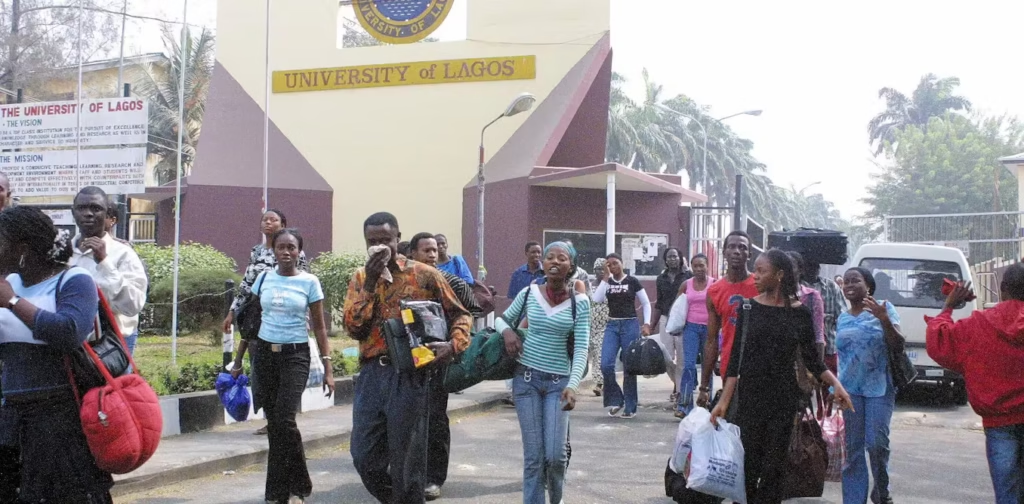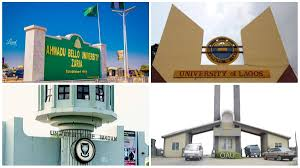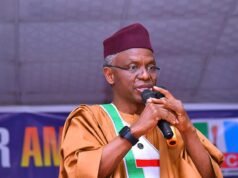Just two weeks ago, the federal government announced a blanket seven-year moratorium on founding new tertiary institutions across Nigeria. This bold policy shift is meant to tackle a range of long-standing concerns—underfunding, accreditation lapses, and rampant establishment of substandard colleges. On the surface, it holds potential as a moment of pause to refocus and rebuild. Yet, as many stakeholders are asking: will it be progress, or merely a pause without purpose?
Nigeria’s universities, polytechnics, and colleges have long grappled with dilapidated infrastructure, insufficient staffing, and dubious accreditation processes. Halting new entrants could, in theory, allow existing schools to consolidate resources, enhance teaching facilities, and raise standards of scholarship. The government’s intent—though heavy-handed—might be a strategic effort to strengthen the foundations of higher learning rather than dilute them further.
However, there’s a real risk. Without a clear roadmap, that moratorium might just become a bureaucratic stop sign rather than a launchpad for real change. Nigeria’s youth population is growing at a staggering rate, and demand for tertiary education continues to surge. If no new institutions are allowed to open, the government must urgently expand capacity within existing ones. This means more funding—federal, state, or private—must flow into infrastructure, faculty development, and modernisation.

Innovation, Inclusion, and Bridging the Divide
One critical concern is that the policy, if poorly executed, could deepen educational inequality. Urban students—especially those in Federal Capital or key southern cities—will likely absorb most of the limited spaces in existing schools. The rural regions, particularly in the North, women, and children from low-income homes (already disadvantaged) may be further marginalised.
To avoid that, the government must ensure expansion isn’t just quantitative but equitable. Open and distance learning platforms need scaling up—notably online and satellite campuses, especially for remote regions. Scholarships and bursaries targeting rural, female, and marginalised students must multiply.
At the same time, innovation mustn’t be stifled by the freeze. We are in an era of AI, renewable energy, digital workspaces, and tech entrepreneurship. Institutions must be granted flexibility to introduce new curricula, modular programmes, and collaborative ventures with the tech sector. Even with a freeze on new institutions, these reforms can inject dynamism into the sector.
Moreover, public-private partnerships (PPPs) could well be the lifeline schools need. Why not incentivise industries to sponsor labs, R&D centres, or joint platforms in universities? Why not co-design modular degree programmes aligned to market needs—digital, technical, entrepreneurial?
If this moratorium becomes a catalyst—nudging institutions toward efficiency, accountability, and labour-market alignment—it could be transformative. But if it’s just a freeze, without parallel innovation strategies, it may come across as punitive.

Learning from the World — Without Losing Our Identity
It helps to compare Nigeria’s move with global models. In the early 2000s, South Africa temporarily halted new university licences and channelled resources into upgrading quality within existing schools—faculty training, infrastructure, and research output flourished. By contrast, India’s measured approach to growth led to the sprawl of unregulated private colleges in the absence of strong oversight.
China, meanwhile, pursued rapid expansion, paired with solid accreditation processes and heavy investment in STEM disciplines. Germany’s dual system—integrating vocational tracks alongside traditional university routes—offers another learnable model.
Nigeria could replicate parts of these: consolidate quality (like South Africa), pair capacity expansion with strong regulation (like China), and diversify pathways through technical and vocational education (like Germany). It also helps to think locally: the emerging 3 Million Technical Talent (3MTT) programme—launched in October 2023—aims to train Nigerians in digital skills by 2027 across areas like AI, data science, UI/UX, cybersecurity, and cloud computing. This initiative fits neatly into a period where new schools are blocked—but skill training must continue.
A student-loan body like NELFUND, established in April 2024, could be a vital financial ally in this reformed system. NELFUND is already disbursing grants and loans to students across tertiary and vocational institutions, improving access and providing an income-based repayment plan. Tying moratorium policy to financing mechanisms and skills-oriented training could amplify positive outcomes.

A Strategic Freeze or a Visionary Reset?
At the end of the day, the seven-year restriction on establishing new tertiary institutions can be either a strategic reset or a self-defeating blockade. Its success depends on execution. If accompanied by:
- Accelerated capacity expansion in existing institutions,
- Equity-oriented access policies (distance learning, scholarships, satellite campuses),
- Curriculum modernisation aligned with digital and industrial skill demands,
- Global benchmarking and structural lessons from peer models,
- Skill-for-work initiatives like 3MTT, and
- Robust student financing solutions via NELFUND,
Then this pause can become a milestone—resetting Nigerian higher education for the 21st century.
But without that holistic approach, we may simply intensify the bottleneck. Access remains key: quality and opportunity must go hand in hand.
Nigeria deserves a policy that not only halts duplication of poor-quality schools but also paves advance routes to inclusion, innovation, and economic relevance. Let this moratorium be the “reset”, not a roadblock.
Conclusion
Rethinking Nigeria’s higher education future isn’t just about stopping new institutions. It’s about rethinking access, modernisation, equity and employability. The clock is ticking—will policymakers harness this moratorium as a strategic launchpad for reform, or allow it to deepen educational disparity and stagnation?
Only the next steps will tell.
Join Our Social Media Channels:
WhatsApp: NaijaEyes
Facebook: NaijaEyes
Twitter: NaijaEyes
Instagram: NaijaEyes
TikTok: NaijaEyes
READ THE LATEST EDUCATION NEWS




